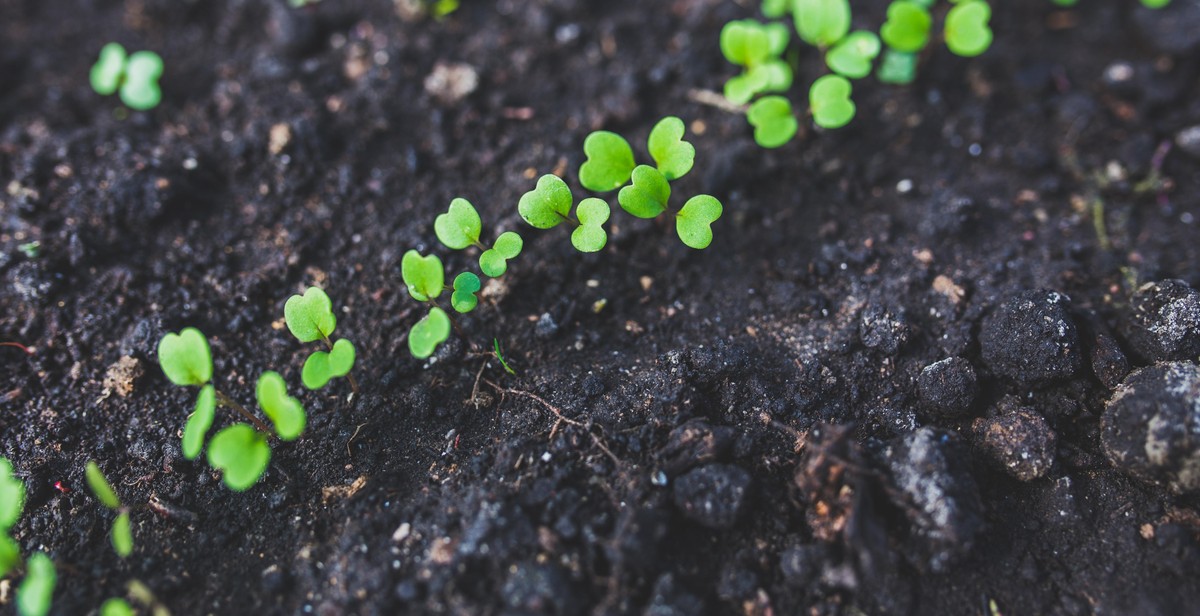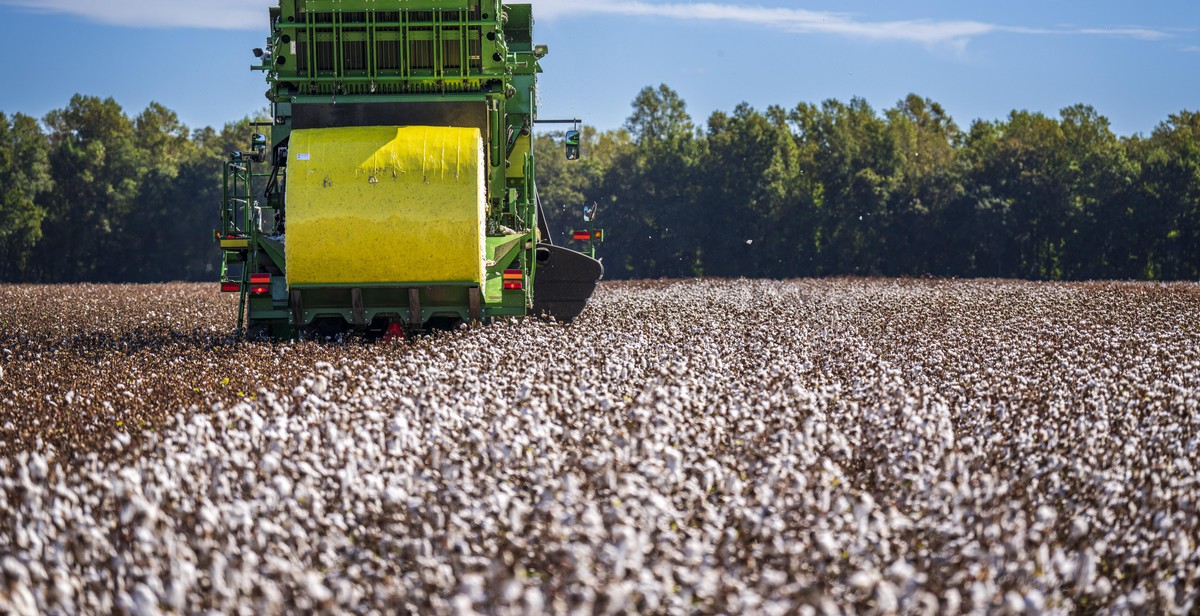The Environmental Impact of Traditional Cotton Farming
Cotton is one of the most widely cultivated crops in the world, with over 25 million tonnes produced annually. Traditional cotton farming involves the use of intensive farming practices, including the heavy use of pesticides, fertilizers, and water. These practices have a significant impact on the environment, including soil degradation, water pollution, and loss of biodiversity.
What is Traditional Cotton Farming?
Traditional cotton farming involves the use of conventional farming methods, which rely heavily on synthetic fertilizers and pesticides to increase crop yields. These chemicals are often applied in large quantities, leading to soil degradation and water pollution. In addition, cotton requires a significant amount of water to grow, with some estimates suggesting that it takes up to 20,000 litres of water to produce just one kilogram of cotton.
The environmental impact of traditional cotton farming is significant, with negative effects on both the environment and human health. The use of pesticides and fertilizers can lead to soil degradation, reducing the ability of the land to support crops in the future. In addition, the chemicals used in traditional cotton farming can contaminate water sources, leading to health risks for local communities.
The Need for Sustainable Cotton Farming
Given the environmental impact of traditional cotton farming, there is an urgent need for more sustainable farming practices. Sustainable cotton farming involves the use of organic and natural methods to grow cotton, without the use of synthetic chemicals. This approach not only reduces the environmental impact of cotton farming but also supports the health and well-being of local communities.
In the following sections, we will explore the environmental impact of traditional cotton farming in more detail, including its impact on soil, water, and biodiversity. We will also discuss the benefits of sustainable cotton farming and explore some of the initiatives that are currently being implemented to promote more sustainable cotton production.

Environmental Impact of Traditional Cotton Farming
Traditional cotton farming practices have a significant impact on the environment. From water usage to soil depletion, the practices used in traditional cotton farming can have long-lasting and far-reaching consequences. Here are some of the most significant environmental impacts of traditional cotton farming:
Water Usage
Cotton is a notoriously thirsty crop and can require up to 20,000 liters of water to produce just one kilogram of cotton. This high demand for water can put a significant strain on local water resources, especially in areas where water is already scarce. In addition, traditional cotton farming practices often involve flood irrigation, which can lead to water wastage and soil erosion.
Pesticides and Fertilizers
Traditional cotton farming practices often rely heavily on pesticides and synthetic fertilizers to maximize yields. These chemicals can have a significant impact on the environment and surrounding ecosystems. Pesticides can contaminate soil and water sources, harming local wildlife and potentially posing a risk to human health. Synthetic fertilizers can also contribute to water pollution and can lead to soil depletion over time.
Soil Depletion
Traditional cotton farming practices can also deplete soil nutrients over time. The heavy use of synthetic fertilizers can cause soil acidification and reduce the soil’s ability to retain moisture. This can lead to a loss of soil fertility, making it more difficult for farmers to grow crops in the future.
Loss of Biodiversity
The use of pesticides and other chemicals in traditional cotton farming practices can also harm local ecosystems and contribute to a loss of biodiversity. Pesticides can kill off beneficial insects and other wildlife, leading to imbalances in local ecosystems. Additionally, the monoculture nature of traditional cotton farming practices can lead to a loss of biodiversity as natural habitats are cleared to make way for cotton fields.
Conclusion
The environmental impact of traditional cotton farming practices is significant and far-reaching. From water usage to soil depletion and loss of biodiversity, these practices can have long-lasting consequences for the environment and surrounding ecosystems. As such, it is important for farmers and policymakers to explore more sustainable and environmentally-friendly alternatives to traditional cotton farming practices.

Alternatives to traditional cotton farming
Traditional cotton farming practices have led to significant environmental degradation. However, there are alternatives to conventional cotton farming that are more sustainable and environmentally friendly. Here are some of the most popular alternatives:
Organic cotton farming
Organic cotton farming is a method that eliminates the use of synthetic fertilizers and pesticides. Instead, farmers use natural methods to control pests and improve soil fertility. Organic cotton farming also involves crop rotation, which helps to reduce soil erosion and improve soil quality.
Organic cotton farming has numerous benefits. It is better for the environment since it eliminates the use of harmful chemicals that pollute the soil and water. It also promotes biodiversity since it encourages the growth of other crops alongside cotton. Additionally, organic cotton farming is healthier for farmers since they are not exposed to dangerous chemicals.
Regenerative cotton farming
Regenerative cotton farming is a method that focuses on building soil health and increasing soil fertility. Regenerative farming practices include crop rotation, cover cropping, and reduced tillage. These practices help to improve soil structure and increase the soil’s ability to retain water.
Regenerative cotton farming has numerous benefits. It helps to reduce soil erosion and increase soil carbon sequestration, which helps to mitigate climate change. Regenerative farming practices also improve soil health, which leads to healthier plants and higher yields.
Recycled cotton
Recycled cotton is a sustainable alternative to traditional cotton farming. It involves using cotton scraps and waste to create new cotton products. Recycled cotton reduces the demand for new cotton production, which helps to conserve water and reduce the use of harmful chemicals.
Recycled cotton has numerous benefits. It reduces waste and conserves resources since it uses cotton scraps and waste that would otherwise end up in landfills. Additionally, recycled cotton reduces the demand for new cotton production, which helps to conserve water and reduce the use of harmful chemicals.
Comparison table
| Method | Benefits |
|---|---|
| Organic cotton farming | Better for the environment, promotes biodiversity, healthier for farmers |
| Regenerative cotton farming | Reduces soil erosion, increases soil carbon sequestration, improves soil health |
| Recycled cotton | Reduces waste, conserves resources, reduces demand for new cotton production |
Overall, there are several alternatives to traditional cotton farming that are more sustainable and environmentally friendly. Organic cotton farming, regenerative cotton farming, and recycled cotton are just a few of the options available. By adopting these alternative methods, we can reduce the environmental impact of cotton farming and promote a more sustainable future.

Conclusion
The environmental impact of traditional cotton farming cannot be ignored. The use of harmful pesticides and fertilizers not only damages the soil and water but also poses a threat to the health of farmers and consumers. Additionally, the excessive use of water in cotton farming contributes to the water crisis in many regions.
However, sustainable cotton farming practices offer a solution to these challenges. By using organic and natural farming methods, farmers can protect the environment, conserve water, and produce cotton that is safe for consumers. The adoption of sustainable cotton farming practices can also improve the livelihoods of farmers and their communities.
Consumers also have a role to play in promoting sustainable cotton farming. By choosing products made from organic cotton or other sustainable materials, consumers can support sustainable farming practices and reduce the demand for conventional cotton.
Overall, the importance of sustainable cotton farming cannot be overstated. It is crucial for the protection of the environment, the health of farmers and consumers, and the sustainability of the cotton industry. By working together, we can create a more sustainable future for cotton farming and the planet.
